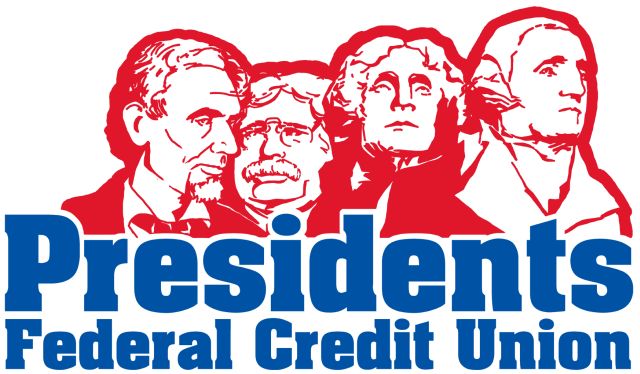What Is A Certificate of Deposit and How Does It Work?
Savings accounts are a popular choice among those who’d like a safe place to store their money while possibly earning interest. However, there are other options worth considering that may allow you to earn even more interest on cash, especially if you don’t need easy access to it. One strong example is a certificate of deposit (CD).
CDs work somewhat similarly to savings accounts: You deposit cash and accumulate interest. There are several key differences, though — CDs mature over a fixed term, and you’ll pay a penalty for withdrawing your money early. Before you invest, it’s important to understand how a CD works so you can decide if it’s the right fit for your monetary goals.
How do CDs work? Definition and explanation
A certificate of deposit (CD) is a time deposit account that pays a fixed interest rate over a period of time (generally ranging from 30 days to 5 years). Any early withdrawals of funds before the set maturity date come with a penalty fee.
Typically offering higher interest than traditional savings accounts, CDs are a potentially great way to save for short- or long-term goals. In most cases, the longer the term of the CD, the higher the interest rate. CDs typically have no fees unless funds are withdrawn before the maturity date.
How does CD interest work?
CDs generally have fixed interest rates dictated by several factors, including the market at large. These rates are usually higher (and more stable) than those associated with traditional savings accounts. CD interest compounding periods vary but are typically daily or monthly.
It’s worth noting that certain products, like bump-up CDs, may allow the investor to increase their interest rate under certain circumstances.
Are CDs a safe investment?
CDs are generally considered a safe investment because you can’t lose money the way you might with higher-risk investments, like traditional stocks. Instead, you’re guaranteed your initial deposit plus interest as outlined in your CD terms. The only way you’ll lose money is if you try to withdraw early and must pay the penalty.
Additionally, funds invested in CDs are federally insured up to $250,000 per depositor by the Federal Deposit Insurance Corporation (FDIC), providing protection for your peace of mind. Safety is just one of many advantages a CD has to offer.
Advantages of CDs
There are several advantages to saving with a CD. Learning the benefits of a CD as a viable savings tool can help you feel more confident with your choice as well as ensures you work towards your financial goals.
- Higher interest rates: Depending on the type of account, a CD will almost always yield a higher interest rate than other savings deposit accounts.
- Safety: CDs fall under the list of bank account categories insured by the FDIC, up to $250,000 per depositor, per account, per ownership category, so you know your money is safe.
- Predictable returns: In contrast with other investment vehicles, CDs offer predictable, guaranteed returns on the funds you put in. You set aside a specific amount at a fixed rate for a specific amount of time, so you don’t have to worry about performance.
Disadvantages of CDs
While investing in a CD has its advantages, there are a few disadvantages to consider before setting one up.
- Early withdrawal penalty: Money in a CD is locked for a set period and can only be withdrawn at maturity; otherwise, a significant early withdrawal penalty applies.
- Due diligence: If your CD is longer than one month, your bank will likely inform you when your CD term is about to expire. If you somehow miss the notifications your account could automatically roll over into a new CD. This makes it harder or more costly to access your cash before your new term limit is up. Rates are also subject to change at maturity and your new CD may have a different rate than your previous one. Be sure to monitor your CD to ensure you are able to access your money once it becomes available.
How do I know if a CD is right for me?
A CD offers a lot of positives, but it is important to understand all the details and conditions before signing on the dotted line. If you have unused funds earmarked toward a specific financial goal — such as buying a house, financing a loved one’s education or saving for emergency cash or for retirement — then the possibility of opening a CD should be explored. You may benefit from:
Low risk: A CD gives you the opportunity to explore new financial tools while having a portion of your money is safely invested and earning interest.
Potential for reward: If you have unused funds from a larger project, investing in a CD can give you some return on your funds.
However, remember that any early withdrawals before the maturity date will likely incur fees and funds cannot be added to a CD during its term. If you want the flexibility of having immediate access to your funds in an emergency situation, you may want to explore a shorter-term, a money market account or a checking account instead.
Cincinnati Credit Union – Presidents Federal Credit Union (FCU) is federally insured and backed by the full faith and credit of the United States government for all accounts up to $250,000.00. We have over 60 years experience and offer the best values with friendly customer service.



Recent Comments